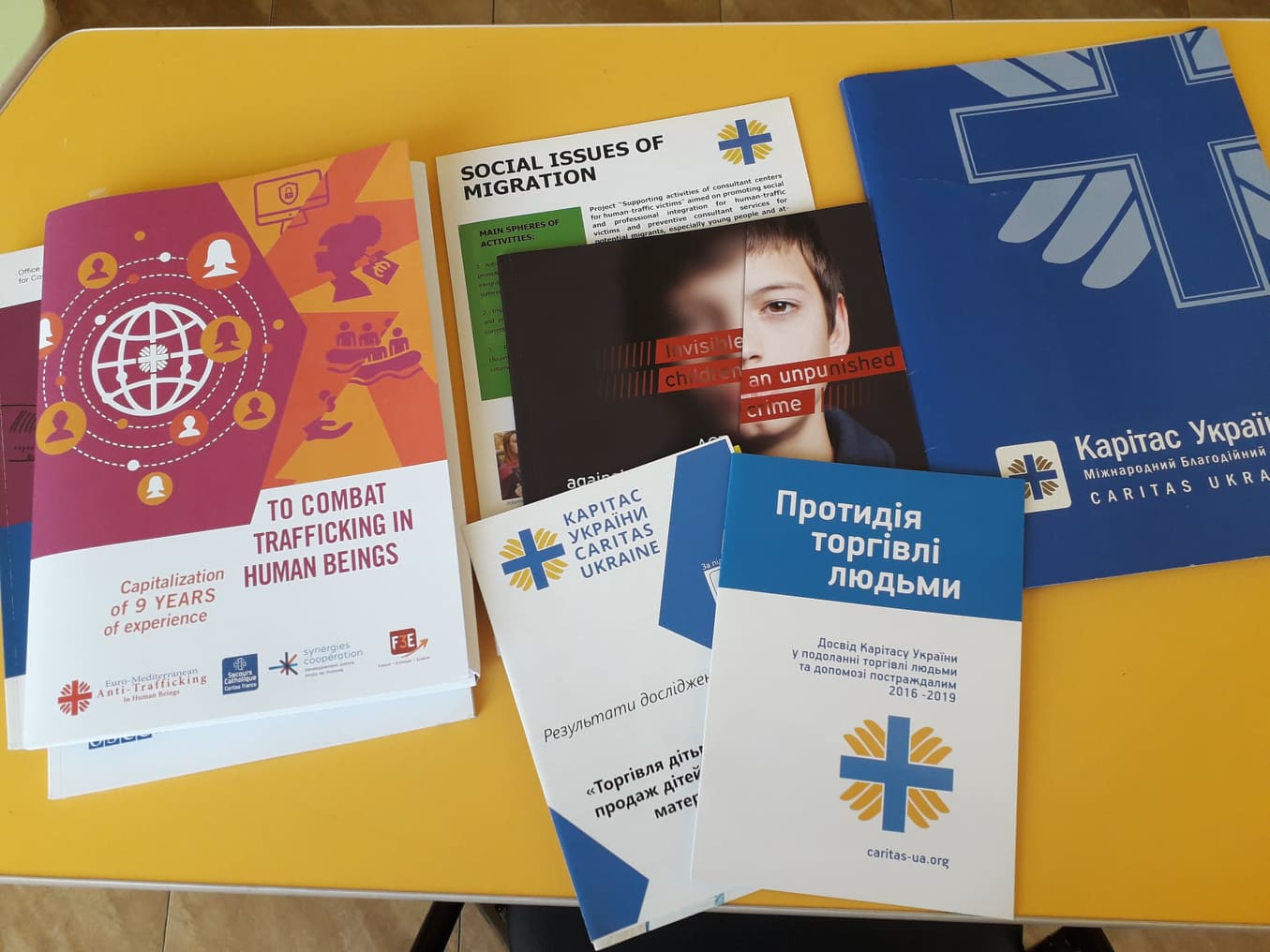On the occasion of the World Day Against Trafficking in Persons (July 30), Caritas Internationalis (CI) reaffirms its unwavering commitment to combatting this grave violation of human rights. This year, the United Nations Office on Drugs and Crime (UNODC) calls for global attention on the urgent need for collective action to “reach every victim of trafficking, leave no one behind”. Caritas aims to end exploitation, and ensure freedom and fulfilment for all by collectively promoting justice, dignity and compassion.
Failing to prevent human trafficking, identify every victim, support survivors, and leaving vulnerable groups at risk signifies leaving people behind. Human trafficking remains an affront to the dignity and wellbeing of around 27.6 million victims worldwide (71% are women and girls, and 29% are men and boys). It is a complex and often hidden issue, and accurate data on the number of victims is difficult to determine as many victims are not adequately identified.
Human trafficking perpetuates exploitation, enslavement, and the violation of fundamental human rights. CI recognises that the problem is complex and multifaceted, affecting people of all ages, genders and backgrounds, and strongly opposes all forms of trafficking, including forced labour and sexual exploitation.
As a confederation of 162 national organisations working together across the globe, CI stands in solidarity with victims and survivors of trafficking and is resolute in its efforts to end this modern-day form of slavery. “Caritas Internationalis works with different actors, including COATNET (Christian Organisations Against Trafficking Network), to raise awareness, support survivors and promote effective policies. Policies such as enforcing and strengthening laws and addressing underlying causes such as poverty, inequality, conflict and discrimination are key,” says CI Secretary General Alistair Dutton.
CI is an active member of the ecumenical network COATNET (Christian Organisations Against Trafficking Network), which is comprised of member organisations in around 30 countries, to exchange information, share experiences and expertise in fighting human trafficking. COATNET members work together to support victims, prevent trafficking, raise awareness, advocate for effective policies, and mobilise church resources to combat this crime.
In Nigeria, Caritas provides essential support to victims of trafficking. Tunde Blessing, a 24-year-old single mother from Edo State, was lured to Libya with false promises of work opportunities in Italy. Tunde faced harsh living conditions, unpaid work, and her attempt to cross the Mediterranean resulted in her eventual arrest and imprisonment. Caritas Nigeria helped Tunde regain her life by supporting her with voluntary repatriation, and helping her restart her hairdressing business in Edo State.

Caritas Nepal’s ‘Agriculture Calling’ program equips migrant family groups with modern farming skills, enabling them to engage in commercial farming and maximize remittances. The program facilitates the leasing and cultivation of unproductive land, fosters cooperative formation, and enables beneficiaries to generate income by selling their produce amidst Covid-19 pandemic restrictions.
On this year’s World Day Against Trafficking in Persons, CI emphasises the need for governments to prioritise crime-prevention actions, strengthen and effectively enforce laws to protect victims, and adopt survivor-centred approaches. CI also asserts the need to promote socio-economic development, education and equal opportunities to address and overcome the root causes of trafficking.
